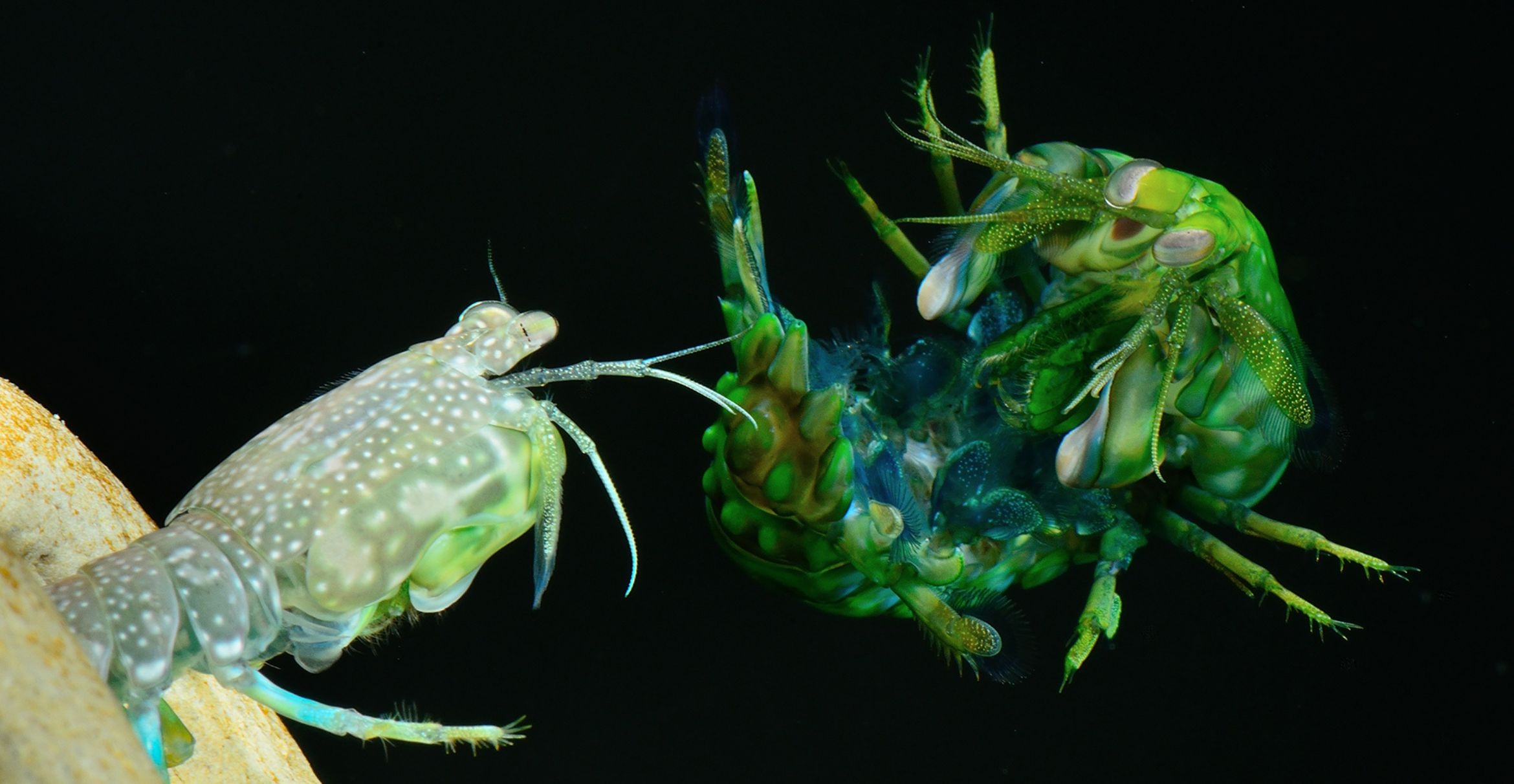The National Heart, Lung, and Blood Institute (NHLBI), part of the National Institutes of Health (NIH), is awarding $2 million to UC Santa Barbara as part of the renewal of its Programs for Nanotechnology Research. The program is focused on helping researchers develop tools based on materials designed at the molecular level to detect and deliver treatments for heart, lung, and blood diseases.
"The Program of Excellence in Nanotechnology grant from the National Heart, Lung and Blood Institute of the NIH will allow UCSB researchers to exploit recent discoveries in functional polymers and develop nanotechnology-based tools and devices for use in the diagnosis and treatment of heart, lung, and blood diseases," said Craig Hawker, professor of materials, chemistry, and director of the Materials Research Laboratory. "Through collaborations with some of the best medical schools in the U.S., our long-term goal is to apply these nanotechnology systems to clinical diagnosis and therapeutics for major unmet U.S. medical issues."
The UCSB funding is part of a $17.2 million collaboration with Washington University, Texas A&M University, UC Berkeley, and the University of Texas-Southwestern Medical Center. There are three additional nanotechnology research collaborations funded by NHLBI as part of the same package. Together, they total grants of $65 million.
"Nanotechnology has enormous potential for faster and more sensitive detection of disease and for targeted disease treatments," said Susan B. Shurin, M.D., acting director of the NHLBI.
"We are committed to harnessing these new technologies for heart, lung, and blood diseases, and moving them towards application in the real world."



